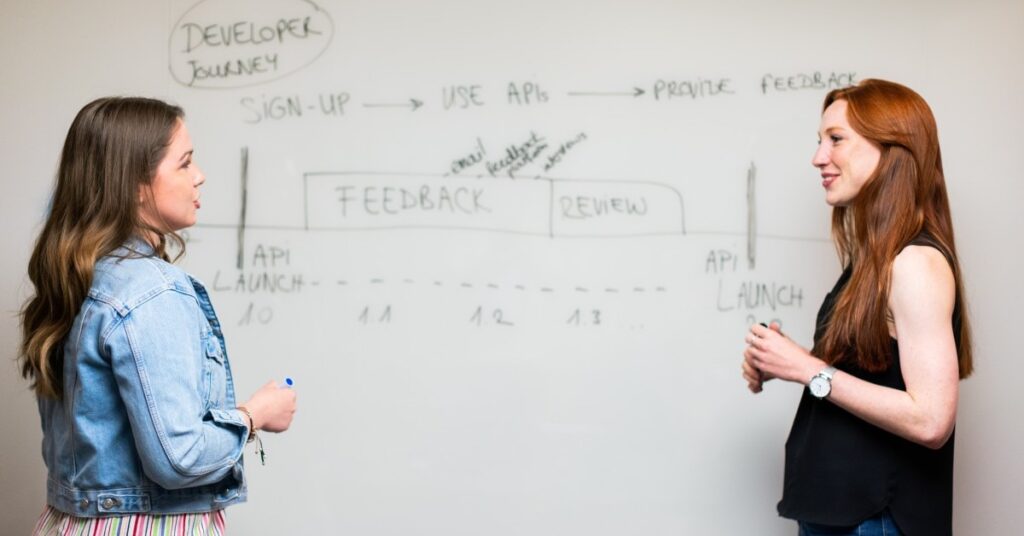Teaching - Career Paths & Degree Types
Don’t know how to survive working full-time while earning (and paying for) your teaching degree? Want to know which teaching career is a good fit? You’re in good company. Use this page as your homebase to explore our library of articles, book a free call with a Noodle expert, and find your perfect program.

Latest Articles

Boost Your Teacher's Salary with a Master's Degree
Article

Master's in Elementary Education Salary: How Much More Will You Make?
Article

What Do Math Teachers Earn in 2020?
Article

How Much Do English Teachers Make?
Article

How Much Do Music Teachers Make in 2023?
Article

Why Get an MSW and an MEd?
Article

How Adding Minority Teachers Benefits All Students
Article

Tips for How to Teach Remotely
Article

Switching Careers from Teaching: A Comprehensive Guide
Article

